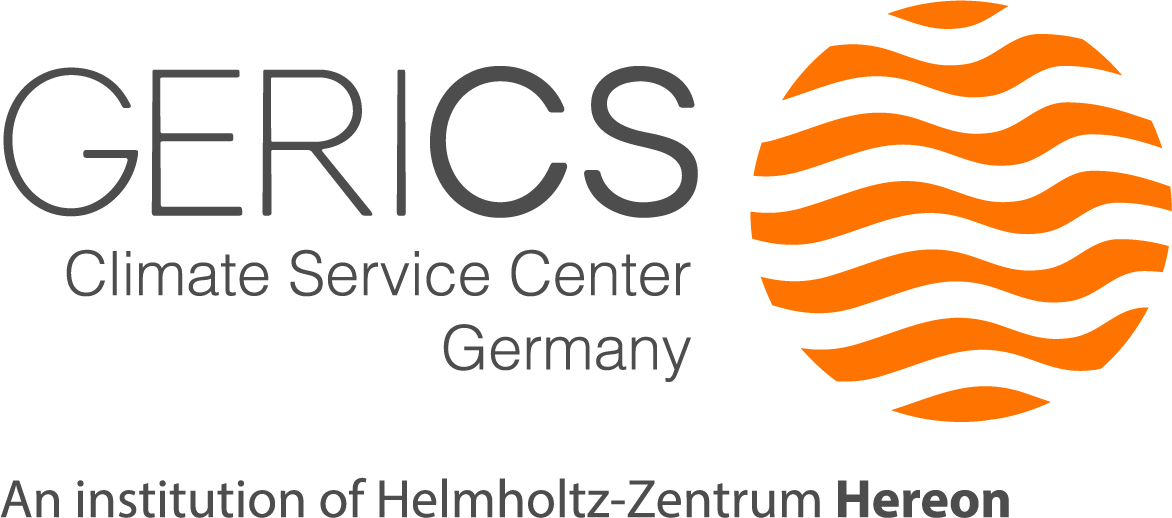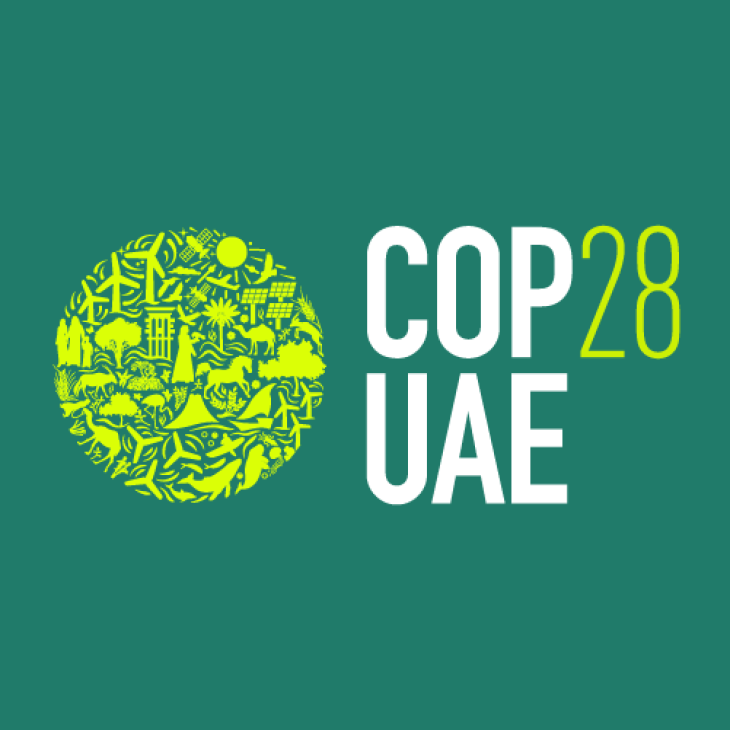News and information from the COP 28
From 30 November to 12 December 2023, heads of state, ministers, negotiators, scientists, NGO representatives, and stakeholders from civil society will meet at COP 28, the United Nations Climate Change Conference, which is taking place this year in Dubai, United Arab Emirates.
GERICS scientists will participate on-site and virtually in various side events of COP 28.
What is the COP 28 about?
The UN Climate Change Conferences (or COPs) take place every year. They are the world's only multilateral decision-making forum on climate change, attended by almost every country.
Put simply, the world comes together at the COP to agree on ways to tackle the climate crisis, such as limiting the global temperature rise to 1.5ºC, helping vulnerable communities adapt to the effects of climate change, and achieving net zero emissions by 2050.
In the three decades since the Rio Summit and the creation of the United Nations Framework Convention on Climate Change (UNFCCC), the Conference of the Parties to the Convention (COP) has met every year (since 1994, when the convention entered into force) to set ambitions and responsibilities and to identify and assess climate action. The 21st session of the COP (COP 21) resulted in the Paris Agreement, which mobilises worldwide collective action to limit the global temperature increase to 2ºC or 1.5°C above pre-industrial levels by 2100, as well as measures to adapt to the existing impacts of climate change. The 1.5ºC limit is the most ambitious long-term temperature goal. However, action and policies need to be implemented to guarantee this limit, as is the one where future risks are lowest.
To the website of the World Climate Conference 2023 (COP 28)
Why is COP 28 so important?
Now that the most important details of the Paris Agreement have been negotiated and agreed upon, COP 28 is all about implementing the agreement, raising ambition and action.
We are in a crucial decade for climate action.
The latest scientific evidence from the United Nations Intergovernmental Panel on Climate Change (IPCC) shows that greenhouse gas emissions must be reduced by 43% by 2030 compared to 2019 levels. Limiting the temperature rise to 1.5ºC by the end of this century and avoiding the worst impacts of climate change, such as more frequent and severe droughts, heatwaves, and rainfall.
COP 28 is an opportunity to find global solutions to limit the global temperature rise to 1.5ºC, support countries' preparations for the revised and more ambitious National Climate Plans due by 2025, accelerate the green transition already underway, and ultimately achieve the goals of the Paris Agreement.
More information on the Intergovernmental Panel on Climate Change (IPCC) and the Sixth Assessment Report (AR6)
What will be discussed at COP 28?
Discussions at COP 28 need to progress in several areas of work:
- Working out the details of the Loss and Damage Financing Facility to help vulnerable communities cope with immediate climate impacts
- Advancing a global financing target that would help fund developing countries' efforts to tackle climate change
- Accelerating the energy transition and a just transition
- Closing the massive emissions gap
- Definition of the Goal Goal on Adaptation Framework to guide countries and communities in their efforts to create and enhance resilience, reduce vulnerabilities, and increase adaptive capacities
COP 28 will also finalise the first-ever Global Stocktake (GST).
The Global Stocktake is a process by which countries and stakeholders can identify where they are collectively making progress towards the goals of the Paris Agreement - and where they are not. This process needs to consider the best available information, for which the IPCC’s Sixth Assessment reports are a crucial input. The global stocktake has shown us we are not on track to limit global warming to 1.5ºC. The window of opportunity for meaningful change is closing, and the time to act is now. We can not afford more delay in climate action.
Governments will decide on the global stocktake at COP 28, which can be used as leverage to show more ambition in their next round of climate action plans due by 2025.
The global stocktake will show where progress is too slow. But it also needs to showcase the wide range of instruments and solutions proposed by countries.
COP 28 must be a "can-do COP" where countries show how these tools will be used over the crucial next two years to step up the pace urgently.
Text: UNFCCC / Tania Guillén, GERICS
More information on the Intergovernmental Panel on Climate Change (IPCC) and the Sixth Assessment Report (AR6)
- Sat, 2 December 2023, 16.45-18.45 (UAE time = 13:45-15:45 CET) "Policy lessons from cross-sectoral global case studies tackling climate change effects on health"
- Wed, 6 December 2023, 17:00-18:15 (UAE time = 14:00-15:15 CET) (PDF) "Synergies and trade-offs in climate neutral and healthy cities – How to combine adaptation and mitigation measures“

